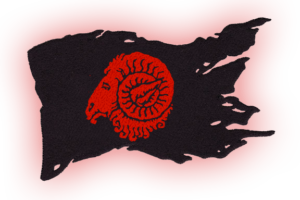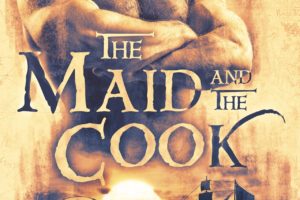I have ten tidbits for you from Chapter 2, but I suspect it will vary, since I’m just picking out notable details as I go. Hope you find it as nerdily fascinating as I did!
1. I realis(z)ed British spellings would probably be best.

Fact: I live in the US. Have all my life. My parents, too. And their parents, on and on back to the Mayflower. What can I say, we don’t move around much. My point is, I’m used to American spellings of words. When I was mid-way through writing this story, however, I got it in my head that since the year was 1716, and all of my characters are British, perhaps I should use the spellings of my Motherland. Let’s face it, no one in 1716 was clamoring for anything, without their trusty ‘u’ along to guide them.
So off I went to Wikipedia to thoroughly pore through an article detailing spelling differences on either side of the Atlantic. Veeery interesting. Harbor/harbour gets used a lot in The Devil’s Luck, and I never realized how much I say realise when I write. And then there are other fun words like plow/plough, maneuver/manouever. Also, skeptical spelled sceptical still looks weird to me. Those and so, so many others. I also learned that Americans weirdly bunch together words like forever and anyway (elsewhere they’re for ever and any way).
I painstakingly searched my document (only 108K words, mind you) for any word that might need changing and made the modifications. It was only after the story was done that I realized (yes, there’s my pesky American ‘z’ again) I could switch the proofing language to UK English in Word and not have to kill myself looking for all of what needed to be changed. Sigh. Live and learn, eh?
2. Benjamin was there to shake things up.
I thought, what about more than just the captain? There’s a ton of men on the ship, and I like hearing about some group sex, why not a threesome? And then my poor brain started boiling away, looking for a way to make that happen so that the captain wasn’t just pimping her out to his friends, but that all parties could be genuinely interested in one another, and (the real challenge) the two men don’t get jealous of each other.
Thus, Benjamin Till was born. I wanted him to sort of be the one to convince her that Blackburn wasn’t necessarily the jerk he seemed at first, and our dear Hannah would end up falling for both of them, as they both enchant her in different ways. Here’s a snippet of the first time you see Benjamin easing into this role, in his attempts to calm her down a bit in that take place in Chapter 2:
“Be still, Mrs Collingwood,” he counseled, his tone soft and unsettling against her ear, “You’ll only make it worse for yourself.” What struck her was the note of genuine concern in his quiet words, so incongruous with the scene of coercion playing out below the decks of The Devil’s Luck.
Something about his voice stilled her. Hannah did not know what would come next, but strangely, she believed the large man at her back. It took all of her effort, but she schooled her body into a tight semblance of calm and steeled herself for Captain Blackburn and his dagger.
3. Tow the lines!

“Fetch me some line, Mr Till,” he gave his firm instructions to the towering man behind her. “We’re going to teach Mrs Collingwood what it means to be still.”
Yes, I learned during my nautical research that all rope aboard a ship is referred to as “line.” And now you know.
4. How do I get from the captain’s stateroom to the galley?
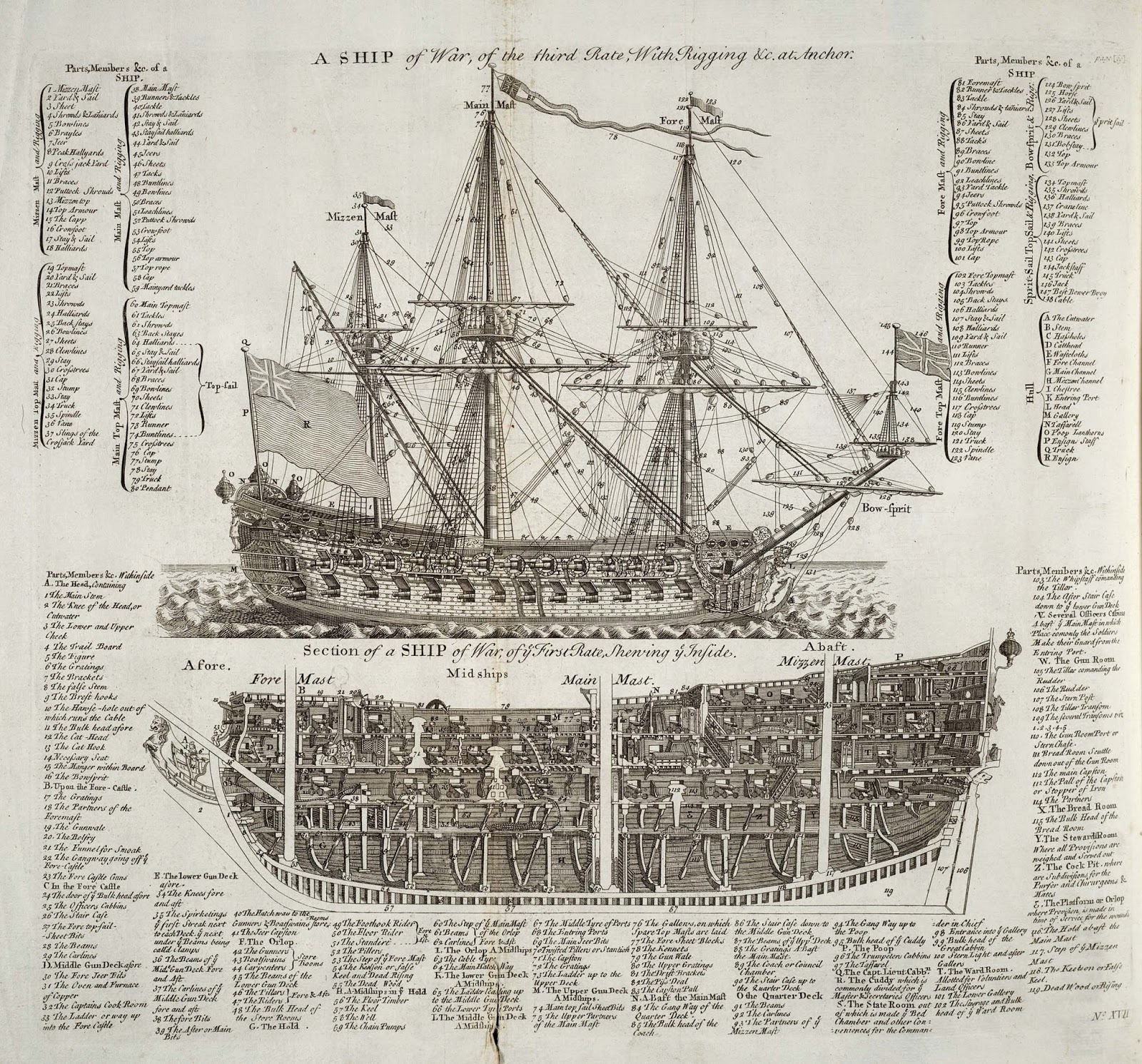
This image on the right is the one I used, consistently throughout the story to keep my head straight. The two diagrams were of third rate (exterior view) and first rate (interior) ships of war, drawn in 1728, which was as close as I could find to the year of my story, at least with such detail. You can view the huge, detailed, full size image here. See if you can pick out where Edmund’s stateroom was!
5. Where’s this ship headed, anyway?
“Mr Osbourne! Gather those charts of yours and meet me inthe council room. We’d best take a look at our heading.”
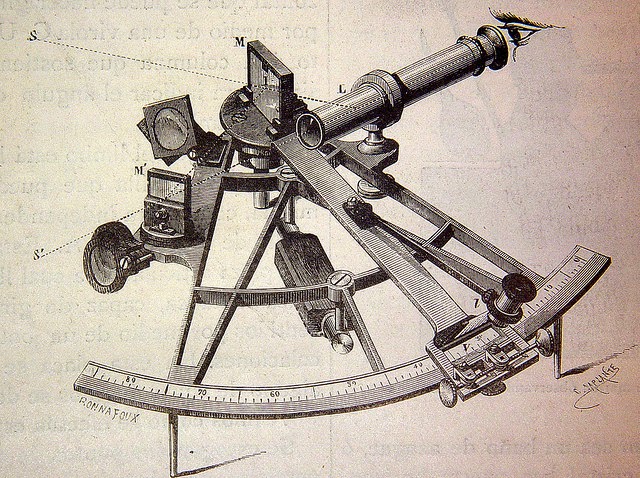
“Pirates often stole not just ships and cargo but members of a ships’ crew and the master or a skilled navigator of a prize – along with his charts and instruments – would be a primary target for any pirates!”
“A navigator needs to be literate – to be able to read and write to some degree in order to keep records of where the ship is at any one time. He may or may not have a chart – in 1700 charts were slowly becoming more widely available – but the information on any of these charts was not necessarily accurate and wide areas of the globe still remained uncharted. Currents, the tide and the wind also affect a ship in motion – in simple terms, the ship would also be moving ‘sideways’ to some degree and if you didn’t allow for ‘leeway’ in your calculations you will never plot a true position.”
If you’re interested in even more of the amazing complexities of navigation at that time, visit the page yourself and dig in. Amazing! Good thing we had Mr Osbourne aboard, or they might never have gotten to Nassau!
6. We’re only pretending the captain’s in charge.
Again, the movies just show what’s good for plot and not reality. I learned that on pirate ships of 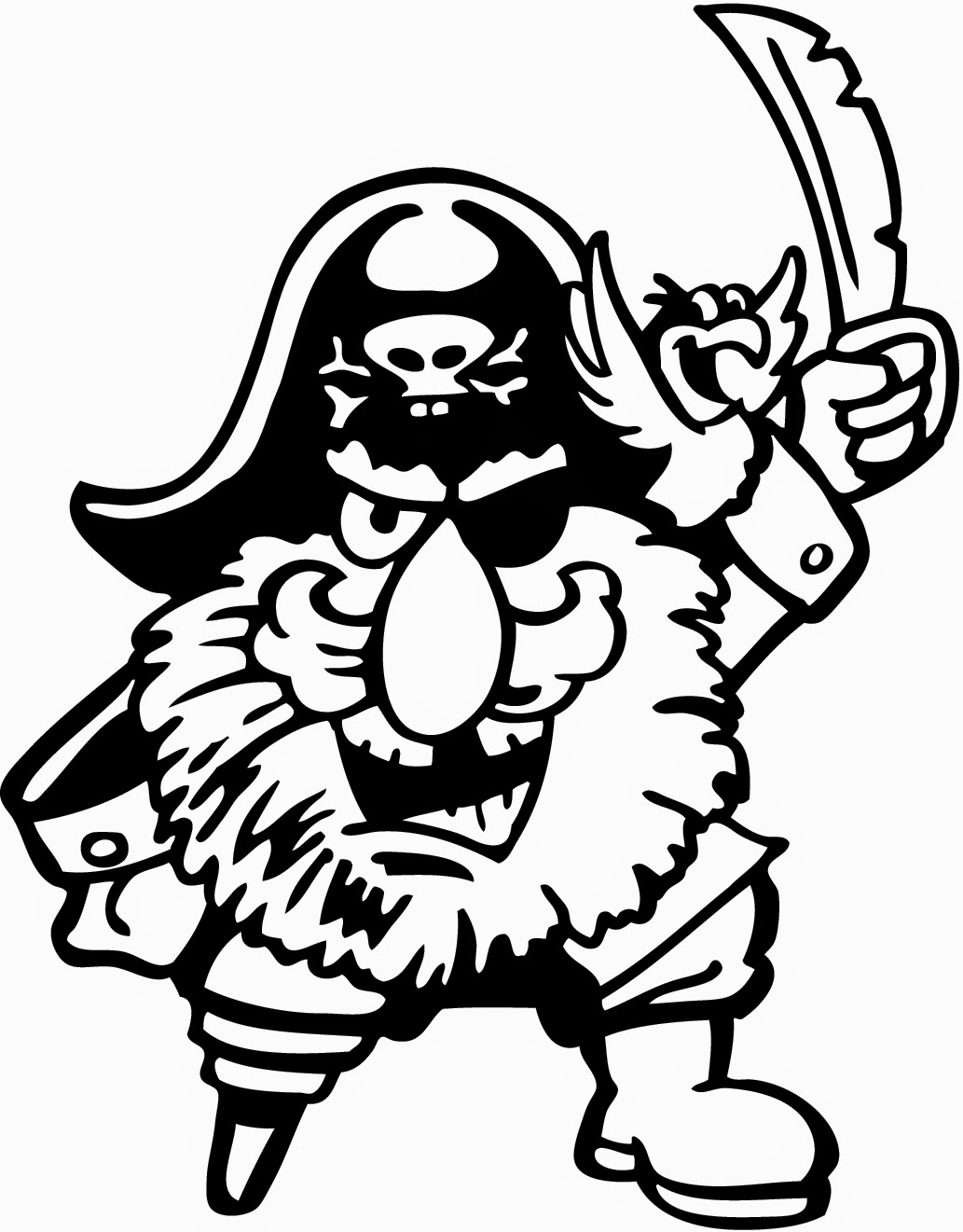 this age that not only was the rank of Captain an elected post, but that the crew could vote him out if they got sick of his nonsense!
this age that not only was the rank of Captain an elected post, but that the crew could vote him out if they got sick of his nonsense!
Some captains were voted out and removed for not being aggressive enough for their crews, while others were abandoned by their crews for being too bloodthirsty and brutal. Pirate Captain’s were expected to be bold and decisive in battle as well as e skilled in navigation and seamanship. Above all they had to have the force of personality necessary to hold together such an unruly bunch of seamen.
Unruly bunch of seamen.
Ahem. Moving on.
The general rule was that during times of battle the Captain retained unlimited authority, but at all other times he and the rest of the crew were subject to the command of the Quartermaster.
So you can see that I stretched historical accuracy on this front a bit in the telling of The Devil’s Luck, because there are many instances where Edmund clearly has the ultimate authority, even when they’re not in the middle of a battle. Do I get to claim artistic license on this one? You be the judge. Just don’t make me walk to plank, ok? And if you want to read more about these and other positions on a pirate ship, check out the page I visited here.
7. Writers love words. Sometimes too much.
As a boy, Edmund had spent a great deal of his free time exploring the streets of Kingston, messing about as young boys are wont to do.
Oxford Dictionary’s website defines the verb to footle as:
‘where’s that pesky creature that was footling about outside?’
I don’t know. Sometimes I latch on to weird ones. What do you think?
8. A little fact, a little fiction.
When he’d met Benjamin, the town had not been quite as busy as it was now. He’d only been eight years old, and the earthquake that destroyed Port Royal in 1692, bringing the bulk of the trade business onto the island proper and into Kingston itself, was still four years off.
True story: there actually was a huge earthquake in 1692 that did just that, bringing the center of commerce in Jamaica from Port Royal to Kingston. Part of my rationale for including dates like this is to enable the reader to figure out how old characters are, if they want to do the math. So Edmund was eight when the 1692 was still four years away, that makes him 12 in 1692, and 36 at the time of our story in 1716. So he was born in 1680. Whew!
The clues for the rest are in there, Benjamin being two years older than Edmund makes him 38 in the story and born in 1678. And Hannah I cheat and flat-out tell you she’s 28 in Chapter 1, but that was mostly because I wanted the Literotica gods to be sure I was writing about characters who were of legal age. Never can be too careful!
And speaking of 1692, I’m currently writing a new story that takes place in that year. Can you guess what it’s about?
9. Water, water, everywhere…oh wait.
 readily available, fresh water for granted. I found out, once again learning about life aboard a ship, that this was simply not the case. For some reason I can’t find the link to the original site where I learned this, but fresh water was stored in barrels aboard a ship, and it had a tendency to start growing algae and going bad, so it would be used up at the beginning of a longer voyage. Thus there was so much drinking of alcohol. Plus…pirates.
readily available, fresh water for granted. I found out, once again learning about life aboard a ship, that this was simply not the case. For some reason I can’t find the link to the original site where I learned this, but fresh water was stored in barrels aboard a ship, and it had a tendency to start growing algae and going bad, so it would be used up at the beginning of a longer voyage. Thus there was so much drinking of alcohol. Plus…pirates.
Edmund notes this when he’s approaching Hannah shortly after having her taking down from the mast:
He’d left her with a pitcher and mug of some of the ship’s precious fresh water, of which they still had a fair amount, having only just left port that morning.
10. The Mourning Dove
Hannah is a widow, though, but Edmund doesn’t realize it until she tells him. Why?
The loss of her husband had to have been some time ago, because she hadn’t worn the black of widow’s weeds, or even the grey of half mourning.


